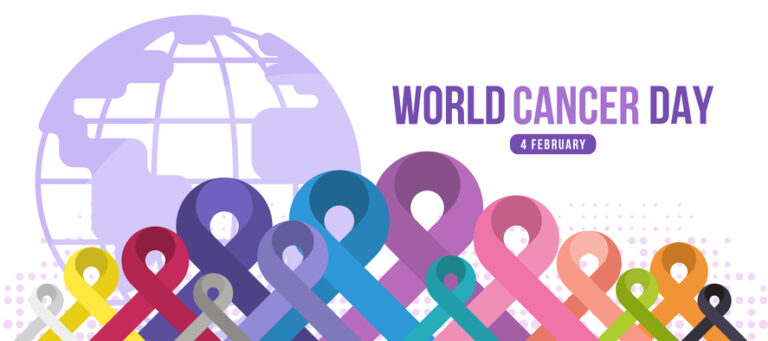Wise Giving Wednesday: Recurring Problems in 2018 BBB Charity Evaluations

As we are making holiday giving decisions and the year is drawing to a close, this edition of Wise Giving Wednesday takes a look back at some of the recurring problems we have seen in our evaluations of nationally-soliciting charitable organizations. While each charity presents a different set of fact circumstances, there are some issues that appear to come up more often. By bringing these to your attention, we hope to alert you to look more carefully at some appeals to ensure that they are providing an accurate picture of the organization’s situation.
Matching gifts should match. Matching gift appeals are quite common these days, especially towards the end of the year when organizations are competing with many other charities for support. The attraction is the promise that generous donor(s) have pledged to make a gift to the charity if the organization is able to raise an equivalent amount by some specified deadline. While the majority of matching gift appeals are accurate, BBB Wise Giving Alliance has found instances where the referenced amount is not a true match since it was already in the charity’s possession and was not restricted by donors for the purpose of matching.
Inaccurate promises of “doubling impact.” With the growing public interest in identifying charity results or impact, we have also seen instances where this language is used in an exaggerated way that can mislead donors. For example, we have seen appeals where an organization claims that donors can “double” or “triple” their impact by making a cash gift that can help deliver in-kind goods (such as food, medicines, or clothing) that an organization received from other sources. When asked by BBB Wise Giving Alliance, the subject charities are unable to substantiate the math of how impact is increased since they are just following through on a distribution of an existing gift.
Watch out for vague cause-related marketing announcements. BBB Charity Standard 19 calls for certain disclosures to take place in cause-related marketing promotions. Specifically, the promotion should identify the actual or anticipated portion of the purchase price that will benefit the specified charity. Sometimes, however, such campaigns use vague language such as “a portion of the proceeds” or “all profits to go” to the announced group. As a result, a consumer will be unable to know how much of their purchase will help the charity and/or may assume more is going to the organization than is actually the case.
Be wary of 100% claims in appeals. If you see a charity appeal that makes a 100% claim such as “all of the donation will be spent on program services.” Look more carefully at the solicitation to see if there is an explanation of how this is accomplished. (For example, generous donors or board members have made a donation to pay for charity overhead.) All charities have fundraising and administrative expenses. Even if your donation is not being used to cover these costs, these overhead expenses are still being incurred and the charity will need to pay for these activities. If there is no explanation on how the 100% promise is accomplished, ask the charity for clarification.
Video of the Week
If you have not already seen it, please take a moment to view our video that features interviews with BBB WGA staff members discussing donor misconceptions featured in the Give.org Donor Trust Report.
Recent Reports
We are always working with charities to publish or update reports for donors. Visit Give.org or local BBBs to check out any charity before giving. Our recently evaluated charities include:
Finally, remember to let us know by going to https://give.org/charity-inquiry if you are interested in seeing a report on a charity not on the list and we will do our best to produce one.
H. Art Taylor, President & CEO
BBB Wise Giving Alliance


